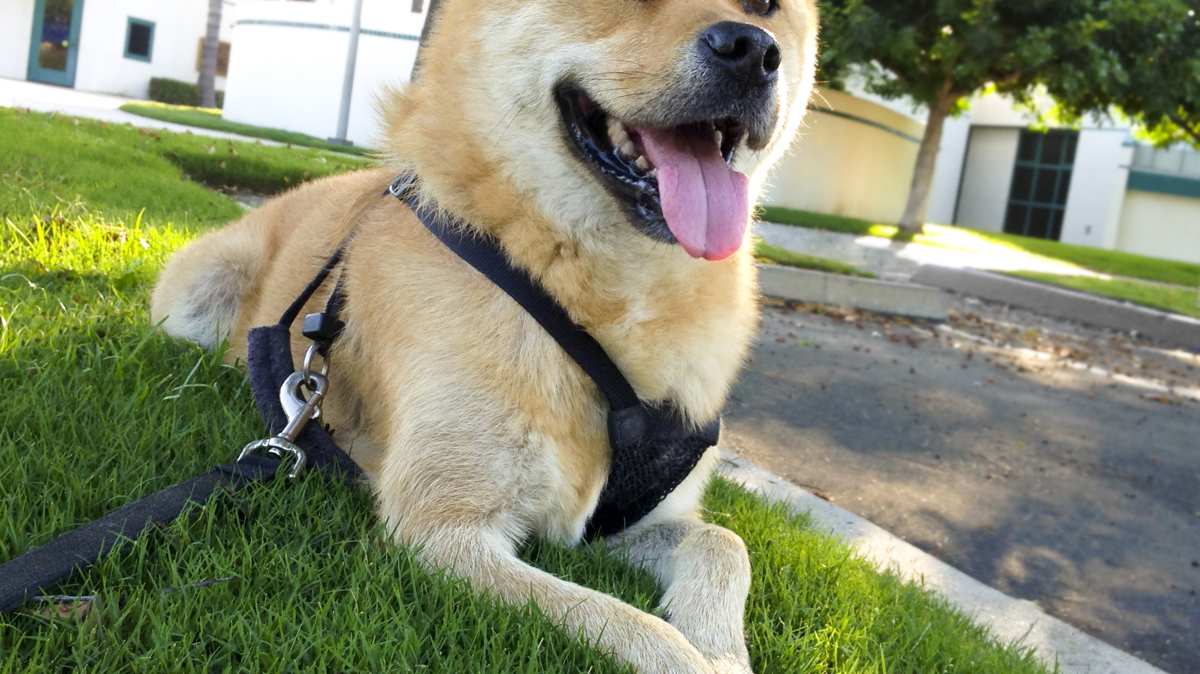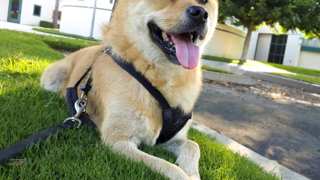Jindo Breed Details
Jindos are hunting dogs, pure and simple. The American Kennel Club (AKC), however, has categorized this breed in the Non-Sporting Group. A great many Jindo clubs worldwide appear to have taken offense at this classification, noting that it implies a relatively inactive dog — and more. (The general argument is that this leads to thinking the Jindo doesn't need much exercise, which in turn prompts destructive and dangerous behavior.) While this breed can be a great family dog fulfilling many duties, it is by no means an easy dog to raise, train and socialize — and Jindos are definitely not for first-time families.
PROS
- Staunchly loyal
- Great guard dogs
- Superb watchdogs
- Extremely protective
- Low grooming needs
- Excellent hunting dogs
- Uncommonly courageous
- Preference for being indoors
CONS
- High jumpers
- Love to roam
- Escape artists
- Fearful of water
- Highly dominant
- Very difficult to train
- Steadfastly stubborn
- Very strong prey drive
- Require a lot of patient training
- Tend to be uncontrollable in packs
- Early and on-going socialization is a must
- Moderate shedding with two annual blowouts

